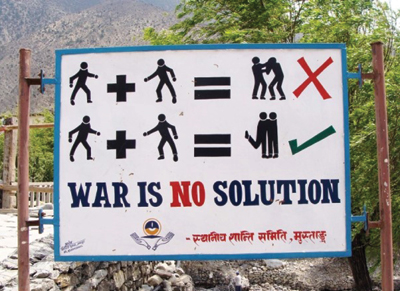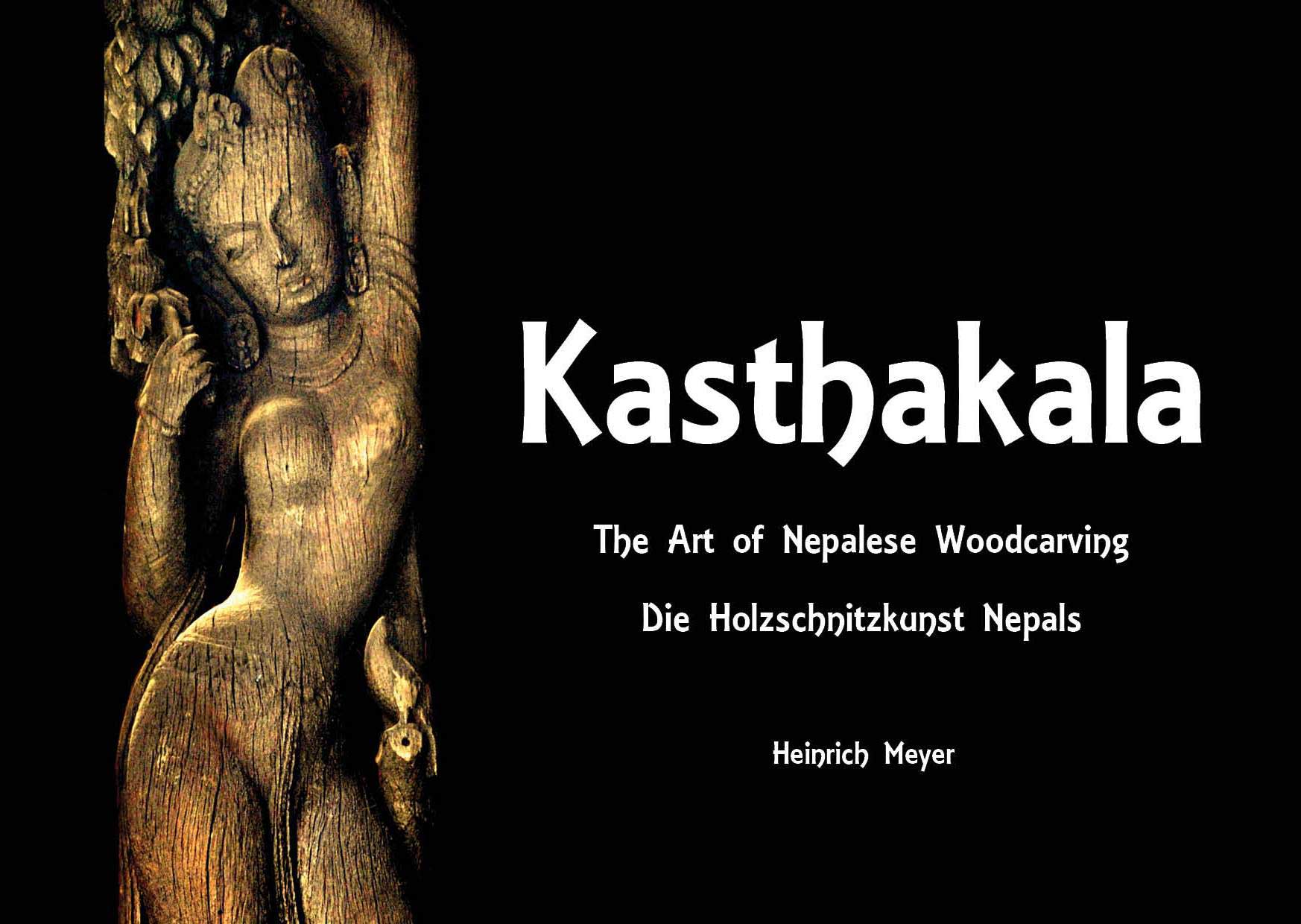, set out for the wonders of the Far East from his office in New York City, it was the fall of 1985. Though several of the countries on his itinerary were former colonies of the British Empire, English was not the predominant language in all of them. Iyer recorded his eighteen months crisscrossing Asia in Video Night in Kathmandu, a book that established him as one of the best travel writers. One of the techniques Iyer used (to the point that it seemed a motif) was mentioning the signboards he saw in the places he visited.
Straightforward, comic, unashamed and wistful, signboards become Iyer’s guides into some of the world’s most ancient and mysterious cultures. Idyllic Bali, Iyer finds to his dismay, has been reduced to a raucous island by Aussies who arrive by the planeload each day. Signboards at restaurants record Balinese culture losing out to simple commercialism: ‘Aussie-style steaks’, ‘special Aussie Hamburger with the lot’, ‘Suci’s Aussie Breakfast’ and ‘Waltzing Matilda Sarongs’.
 In places in the book Iyer confesses his fear of arriving in long-romanticized places only to find them ravaged by hordes of tourists. In Lhasa, which had been opened to tourists just a few days before his arrival in China, he is pleasantly surprised to find a signboard saying ‘Banak Shal Hotel, Happiness Road’. And in Kathmandu he is cheered by an ad by Jawalakhel Distillery advising that ‘when you are in Nepal, the land of the spirited people, keep your spirits high with Ruslan Vodka’. Sadly, in both places he is too late; Tibet is crowded with Westerners and Kathmandu’s hippies have long gone.
In places in the book Iyer confesses his fear of arriving in long-romanticized places only to find them ravaged by hordes of tourists. In Lhasa, which had been opened to tourists just a few days before his arrival in China, he is pleasantly surprised to find a signboard saying ‘Banak Shal Hotel, Happiness Road’. And in Kathmandu he is cheered by an ad by Jawalakhel Distillery advising that ‘when you are in Nepal, the land of the spirited people, keep your spirits high with Ruslan Vodka’. Sadly, in both places he is too late; Tibet is crowded with Westerners and Kathmandu’s hippies have long gone.
Iyer’s astute observations and magical encounters are brilliantly carried to a high point – of humor, reportage, and poignancy – by the signs and ads he finds and duly records in the book. In China, a misspelled word in the opening line of a movie review in a national daily becomes an accurate summation of a nation keeling over from communism to capitalism. It reads: ‘The beautiful young girl lies on a grassy knoll daydreaming about her future price charming’.
In the Philippines, Iyer sees the ebb and flow of love, or something like it. Streets in a popular tourist section of town display handwritten signs: ‘Wanted: Young and Beautiful Sexy Dancer’; ‘Wanted: Attractive Cashier’; ‘Wanted: Sexy Karaoke Singers’. On the other hand, the Buddhist nation of Burma advises against attachment to flesh, reminding visitors to ‘be kind to animals by not eating them’.
In Video Night in Kathmandu Pico Iyer used signboards as though they were locals candidly talking about their cities, translating for him, guiding him and giving him insights he would otherwise never find.
I saw one such signboard on a wall in the windblown village of Thini, which is perched on a hilltop across the river from the equally windy Jomsom. ‘YOU SHOULD NOT URINATE HERE’ ran the hand-painted board. So gentle was the reminder that when I think of it now, I find it a soothingly spoken lesson by a grandmother to her grandchildren. In other places in Nepal, I have seen messages like ‘Those who urinate here are dogs’. The message spoke volumes of the civility of Thini; gentleness seemed to be above everything else. Opposite the army barracks in Jomsom, standing at one end of a small bridge, another signboard reminded passersby that ‘WAR IS NO SOLUTION’.
Some of the most humorous and evocative lines are often found on the bumper of trucks and buses in Nepal. I recently found myself reading a poem on the rear of a truck we were trailing on the East-West Highway. n
There are more curls in your hair
Than turns on the road
Your lips have more juice
Than grapes.











